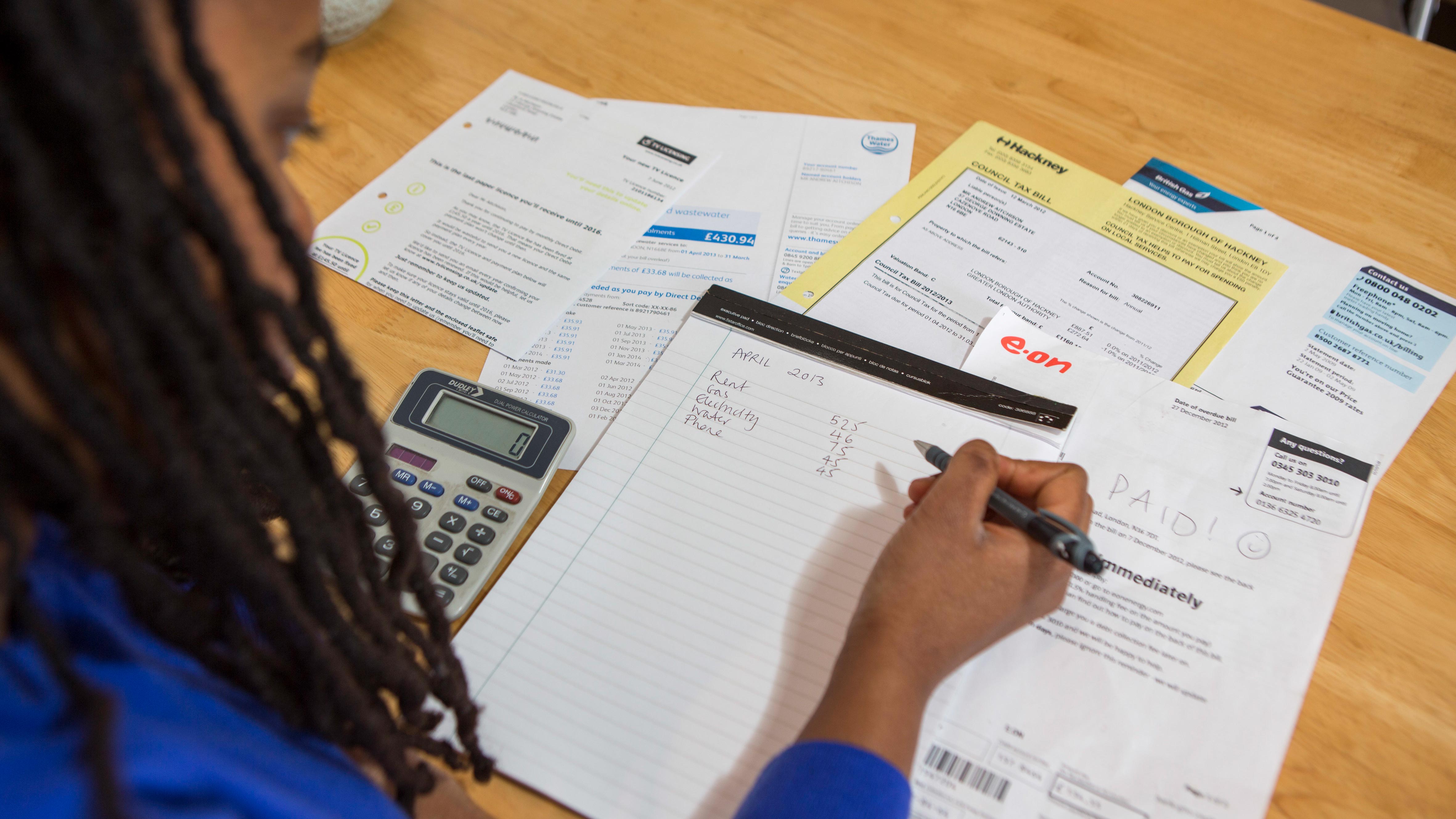Your energy bills explained: why are prices rising so sharply?

Over the past few months, energy bills have risen sharply. With bills skyrocketing for millions of households across the UK and an ongoing ‘energy crisis’ causing shortages across the world, the future of the energy sector is unclear.
But, what’s causing the price rises we’ve seen over the past 12 months? Let’s take a detailed look.
Why are energy bills going up?
As countries and economies began to recover from the impact of the coronavirus pandemic, demand for gas started to increase sharply. However, a shortage in supply meant that demand could not be met and prices started to increase at a rapid rate.
Added to this, the problem was worsened by the fact that renewable sources such as wind and solar produced less power than they usually do in summer, and then cold weather in the winter forced more people to turn their heating up.
On top of this, in Asia, demand for air-conditioning units also skyrocketed due to the balmy summer weather.
All of these factors have caused supply and demand issues, and this has caused bills to rise here in the UK.
Is the energy price cap increasing?
The energy price cap was introduced in Great Britain back in January 2019. It was introduced because many people, particularly those who did not switch supplier regularly, were paying too much for their energy.
Sign up for breaking news, reviews, opinion, top tech deals, and more.
The price cap, which is the maximum amount an energy supplier can charge, is reviewed twice a year. In October 2021, when the price cap was last reviewed, it spiked from £1,138 to £1,277. This was the price cap’s highest-ever level.
In April 2022, when the cap is next reviewed, experts predict that it could rise by as much as 50%. This would make the typical annual energy bill almost £2,000 a year.
The new price cap is expected to be unveiled on 7 February and will be applicable from 1 April.
How can I lower my energy bills?
High energy bills are part of the current ‘cost of living crisis’ many of us are experiencing. As a result, the government is actively looking at ways that it can support vulnerable households across the UK.
At present, it’s still advised that you should avoid running an energy comparison. This is because the best energy deals from the country’s best energy suppliers cannot beat the current price cap.
However, there are still steps you can take to lower your energy bills. To start with, it’s worth checking whether you’re eligible for any of the schemes that are currently running, such as the Warm Home Discount, the Winter Fuel Payment and the Cold Weather Payment. If you’re not eligible, or you’re still struggling, then speak to your supplier and see if you can set up a payment plan.
If you’d like to actively lower your energy bills, then you should also try our energy saving tips and look into how you can use your heating more efficiently.

Tom is a freelance copywriter and content marketer with over a decade of experience. Originally from an agency background, he is proud to have worked on campaigns for a number of energy providers, comparison sites and consumer brands.